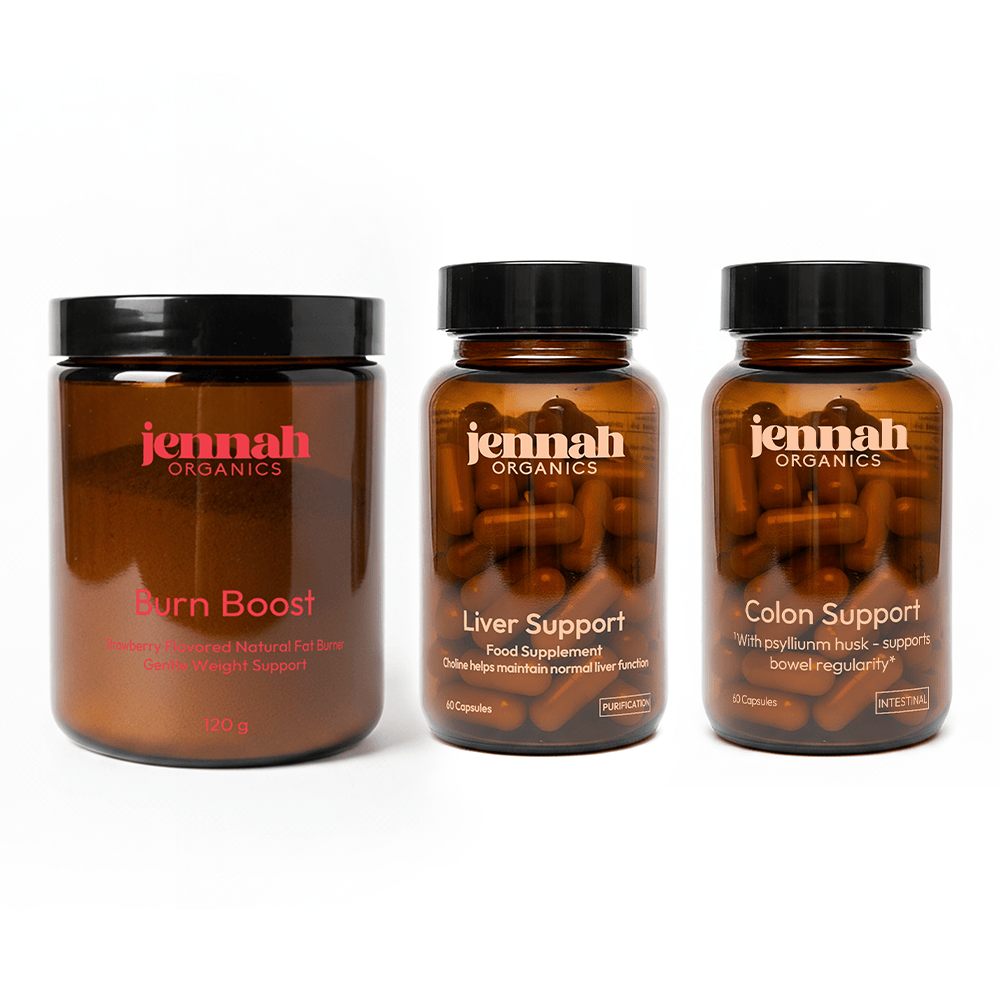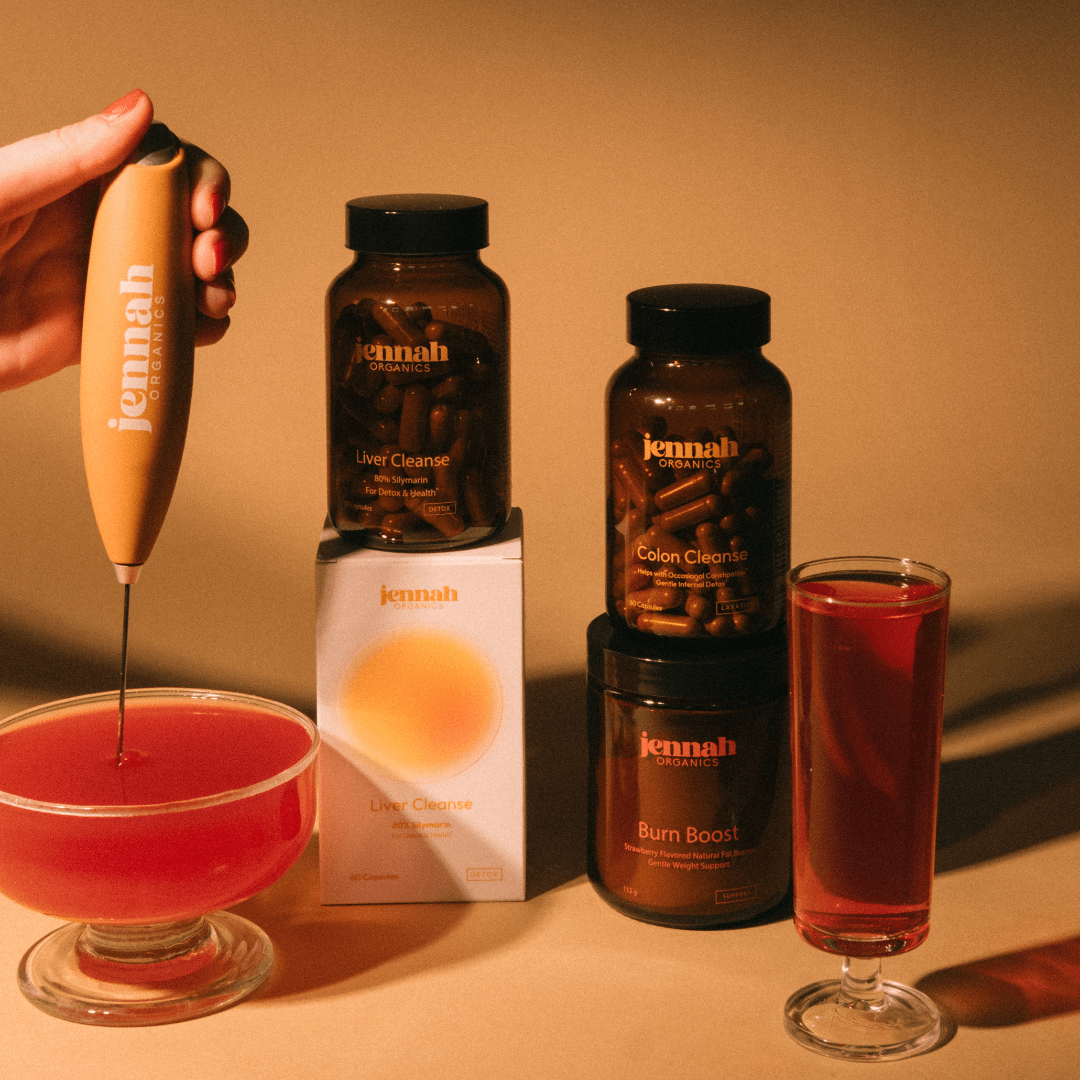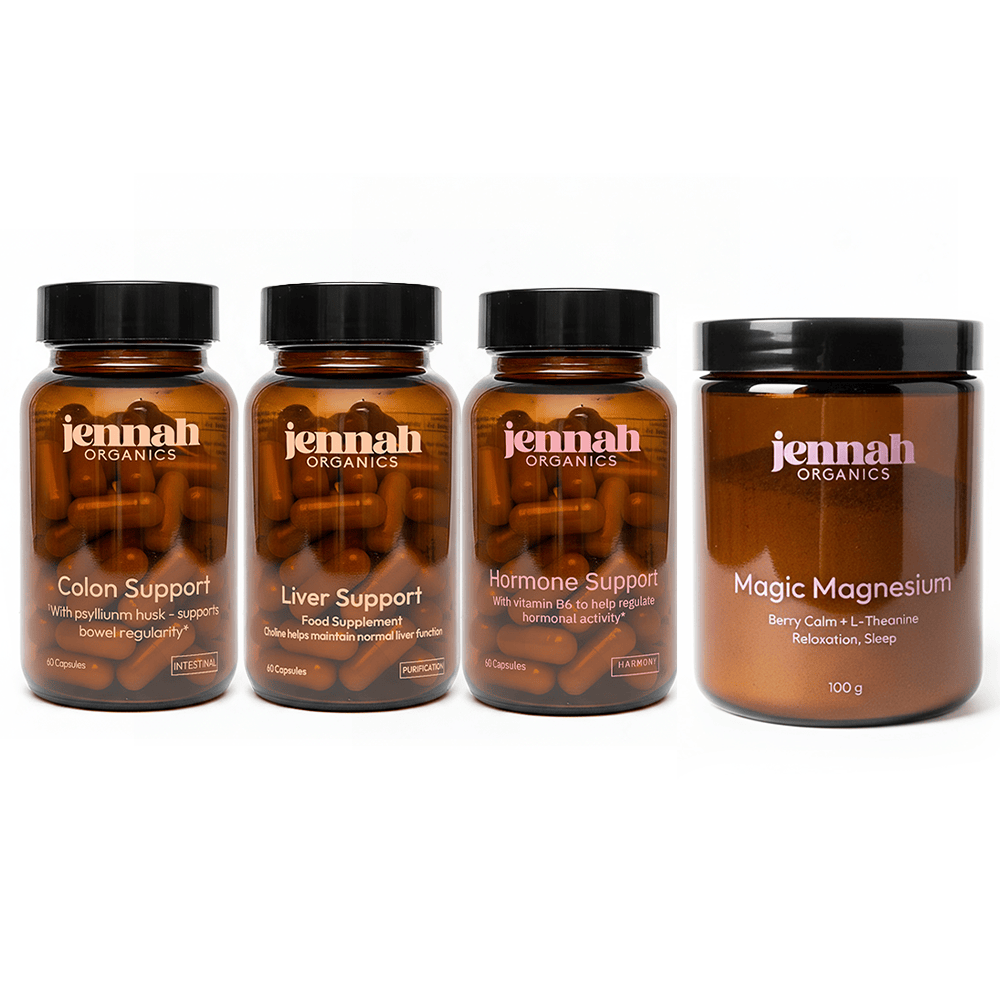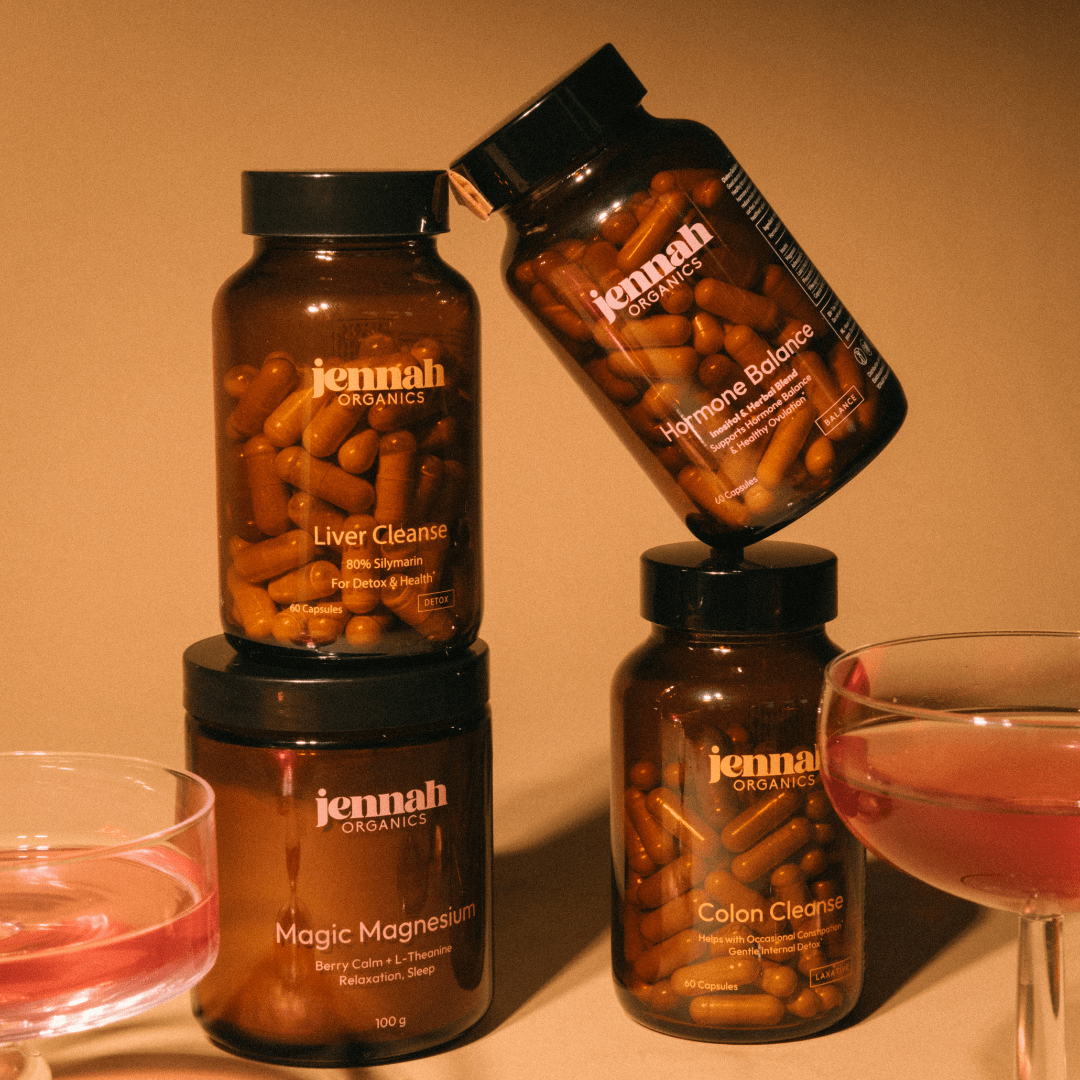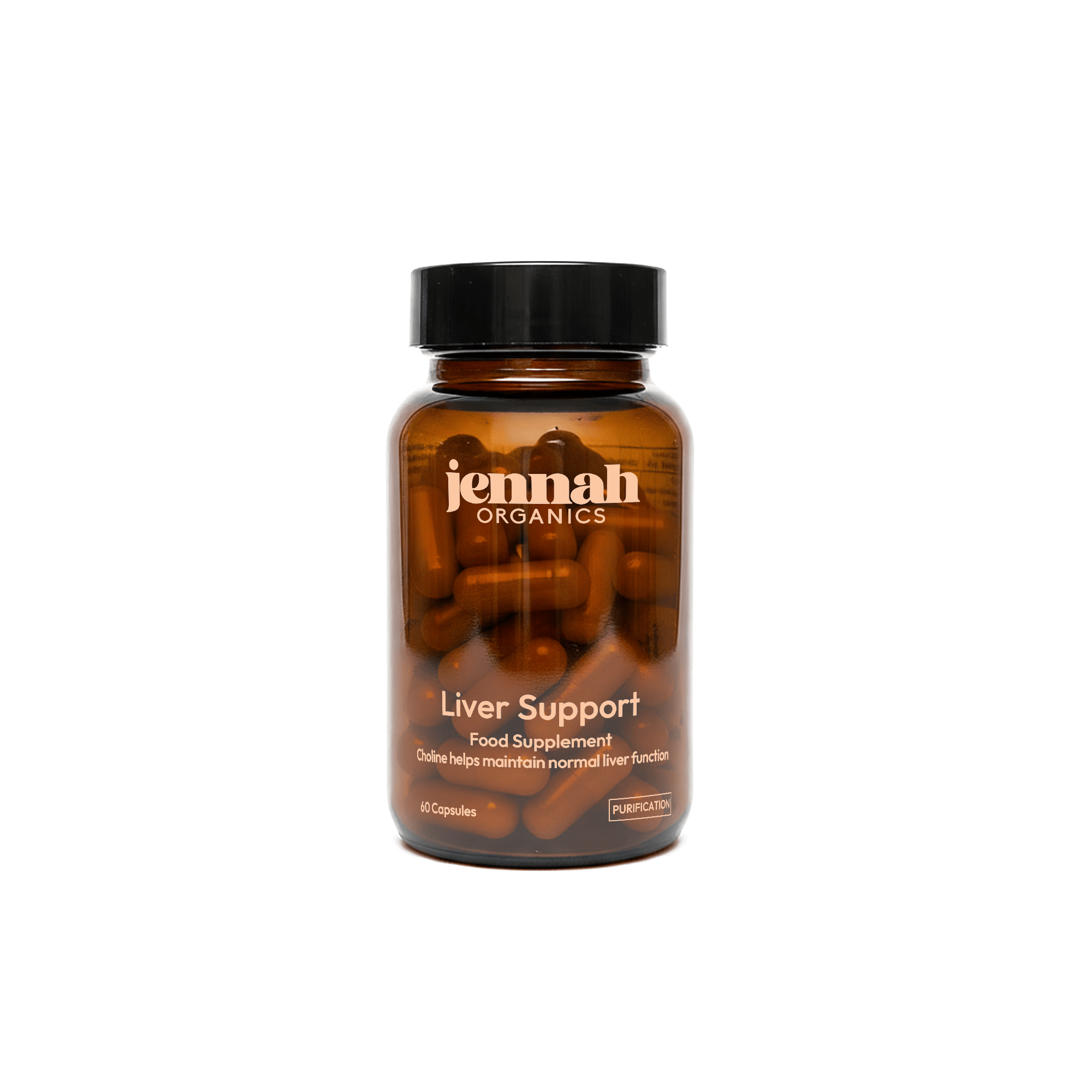As a nutritional therapist, I often see clients experiencing fatigue, weight gain, and cravings without realising they might be dealing with insulin resistance.
This condition arises when the body’s cells no longer respond efficiently to insulin, a hormone crucial for regulating blood sugar.
To compensate, the pancreas produces more insulin, leading to elevated levels and, over time, issues like prediabetes or type 2 diabetes might arise.
This is why catching the early signs of insulin resistance is key to preventing more serious complications!
Signs of Insulin Resistance
Common signs to watch for include:
-
Frequent fatigue: Many people with insulin resistance feel overly tired, particularly after eating carbohydrates.
-
Unexplained weight gain: Often centered around the abdomen, weight gain can be really persistent and hard to lose.
-
Cravings for sugar and carbs: Fluctuating blood sugar levels lead to intense cravings for sweets or starchy foods.
-
Brain fog: Difficulty concentrating or frequent forgetfulness can be signs of irregular blood sugar.
-
Skin changes: Darkened patches of skin, often around the neck or armpits (acanthosis nigricans) can sometimes develop.
-
Constant hunger: Even after meals, people with insulin resistance may feel hungry due to disrupted blood sugar regulation.
-
Hormonal imbalances: In women, this may show up as irregular menstrual cycles and PCOS, while men may experience reduced testosterone levels.
Natural Approaches to Reverse Insulin Resistance
Insulin resistance is often reversible through lifestyle adjustments. Here are natural, effective strategies to restore insulin sensitivity:
1. Balanced diet
Eating a whole-food, nutrient-dense diet is foundational in reversing insulin resistance. Focus on:
-
Low glycemic Foods: Leafy greens, legumes, and berries help prevent sharp blood sugar spikes.
-
Healthy fats: Omega-3-rich foods, like fatty fish and chia seeds, are anti-inflammatory and help regulate insulin.
-
Adequate protein: Incorporate chicken, tofu, legumes, and other sources of lean protein to keep blood sugar stable.
-
Fiber: High-fiber foods such as vegetables, whole grains, and nuts slow digestion and help prevent insulin spikes.
-
Avoid refined sugars and processed carbs: Reducing sugary snacks and processed foods can significantly improve insulin sensitivity.
2. Jennah Organics Burn Boost
Jennah Organics Burn Boost is designed to naturally support metabolism and fat burning, which can be especially helpful for those with insulin resistance.
One of the start ingredients it contains is mulberry leaf extract, which may assist in stabilising blood sugar levels.
Using Jennah Organics Burn Boost as part of your daily routine, along with dietary improvements, can also help reduce excess belly fat, one of the key risk factors associated with insulin resistance!
<SHOP NOW>
3. Exercise
Regular physical activity is crucial for improving insulin sensitivity. Aim for a mix of:
-
Resistance training: Building muscle through weight lifting or resistance bands helps the body utilise insulin more effectively.
-
Aerobic exercise: Activities like walking, cycling, and swimming improve overall metabolic health and lower blood sugar levels.
-
High-intensity interval training (HIIT): Short bursts of intense exercise followed by rest periods are particularly effective for insulin sensitivity.
4. Stress management
Chronic stress can elevate cortisol, which can worsen insulin resistance. This is why it’s essential to implement daily practices to manage stress, such as:
-
Mindfulness meditation: Spending even five minutes in a calm, focused breathing practice can lower stress levels and support healthy blood sugar levels.
-
Yoga: Combining movement with mindfulness, yoga can reduce cortisol and improve insulin sensitivity.
-
Breathwork: Simple breathwork exercises like the 4-7-8 technique can help to activate your parasympathetic nervous system, bringing you into a state of calm.
5. Adequate sleep
Poor sleep disrupts the body’s ability to regulate insulin. Aim for 7-9 hours of restful sleep each night to support overall hormonal balance and metabolism.
6. Jennah Organics Magic Magnesium
Magnesium is essential for hundreds of biochemical reactions in the body, including those involved in insulin function.
Jennah Organics Magic Magnesium contains 3 different highly bioavailable forms of magnesium that might help to support healthy blood sugar regulation and improve insulin sensitivity.
Studies even show that individuals with higher magnesium intake have a lower risk of insulin resistance and type 2 diabetes.
<SHOP NOW>
7. Other supplements
In addition to Jennah Organics Burn Boost and Magic Magnesium, certain other supplements have shown promise in supporting insulin function:
-
Berberine: This plant compound has been found to lower blood sugar and improve insulin function.
-
Cinnamon: A well-known insulin-sensitising spice that can enhance insulin efficiency.
-
Chromium: This mineral supports the body’s use of insulin and may improve blood sugar control.
Final Thoughts
Addressing insulin resistance requires a holistic approach, blending dietary changes, exercise, stress management, and the right supplements.
While some cases may require medical intervention, many people can effectively reverse insulin resistance through natural methods.
By incorporating whole foods, regular activity, and supportive supplements like Jennah Organics Burn Boost and Magic Magnesium, you can work toward balanced blood sugar levels and improved long-term health.
Please note: If you suspect insulin resistance, consulting with a health professional is a great first step toward reclaiming your health!
Written by Zaheera Swing - Nutritional Therapist & Herbalist
(BSc Hons Nutritional Science + NTPD)
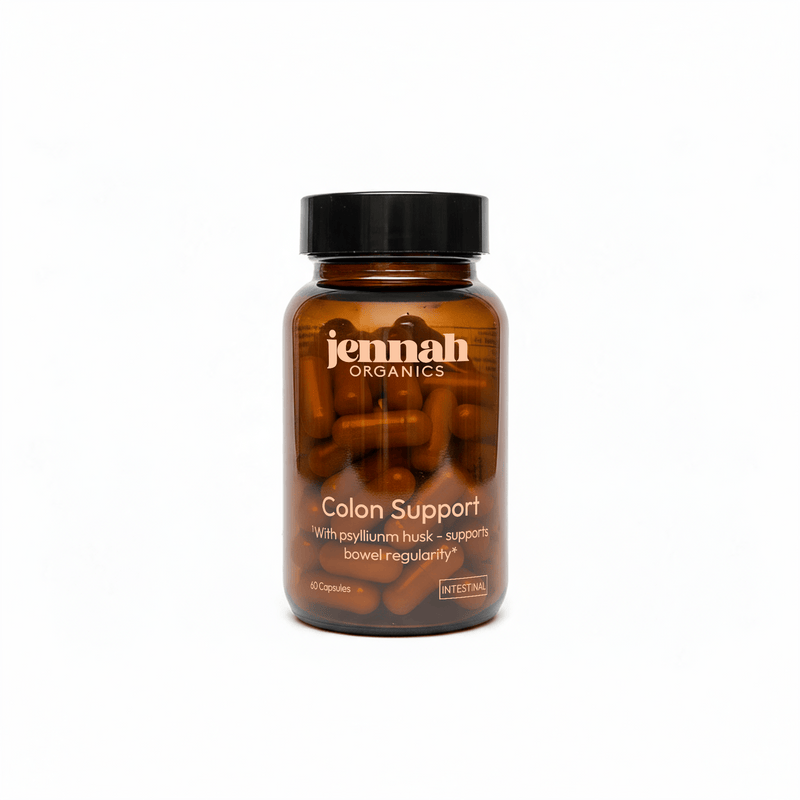

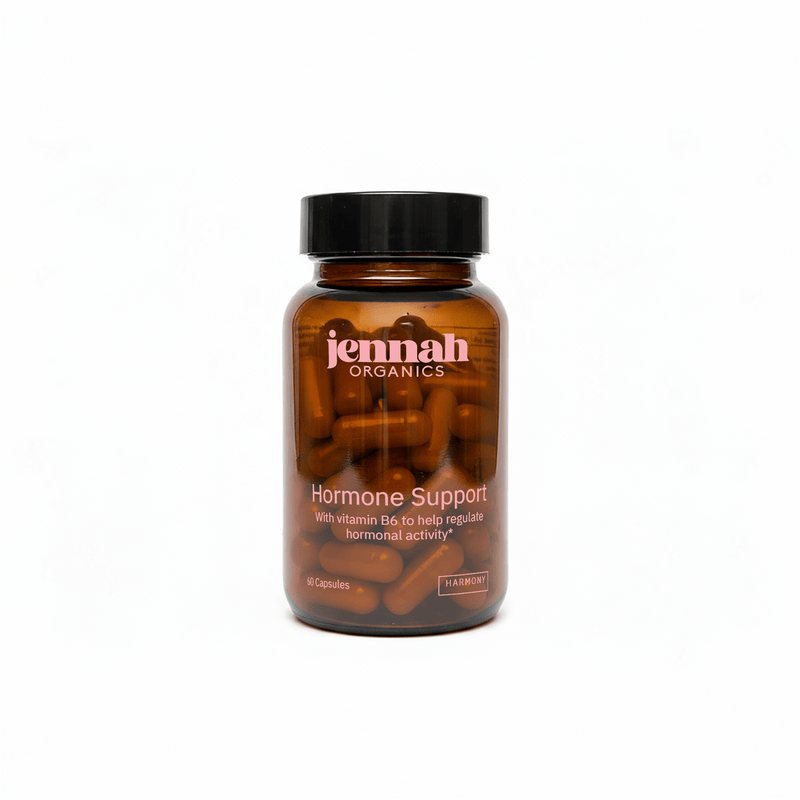
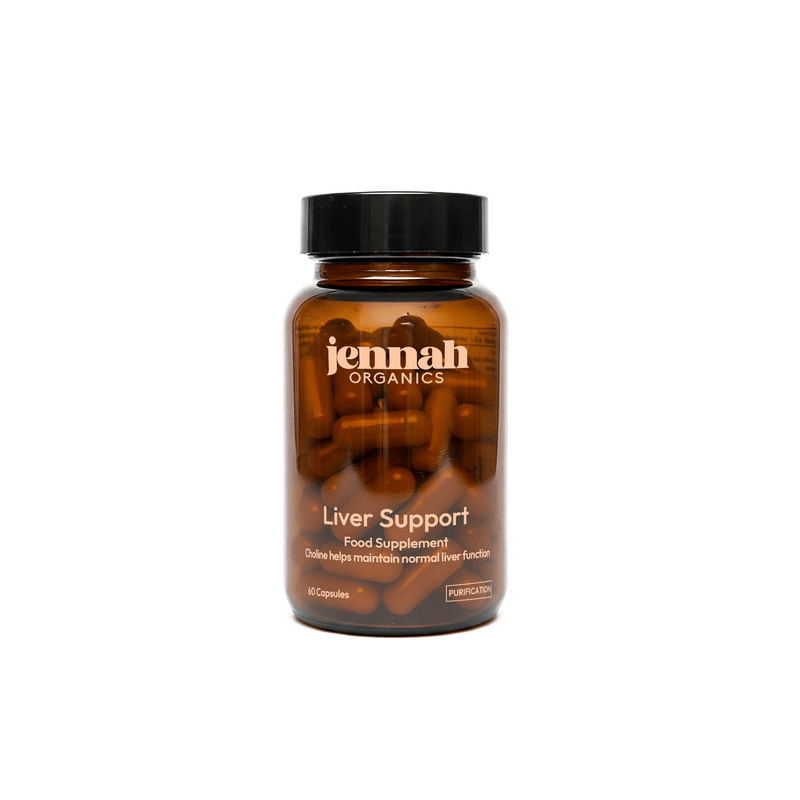


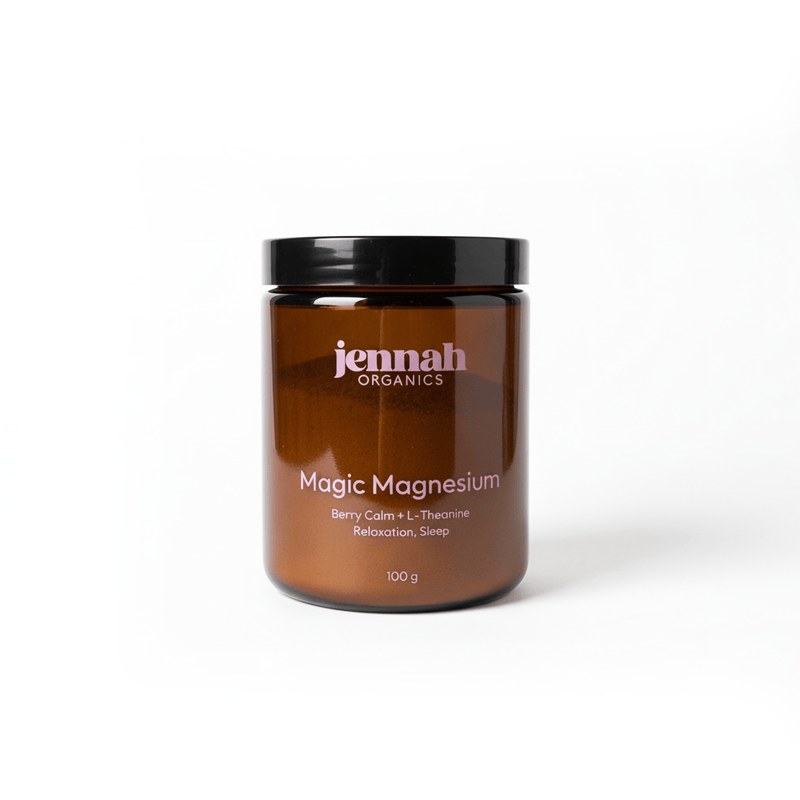



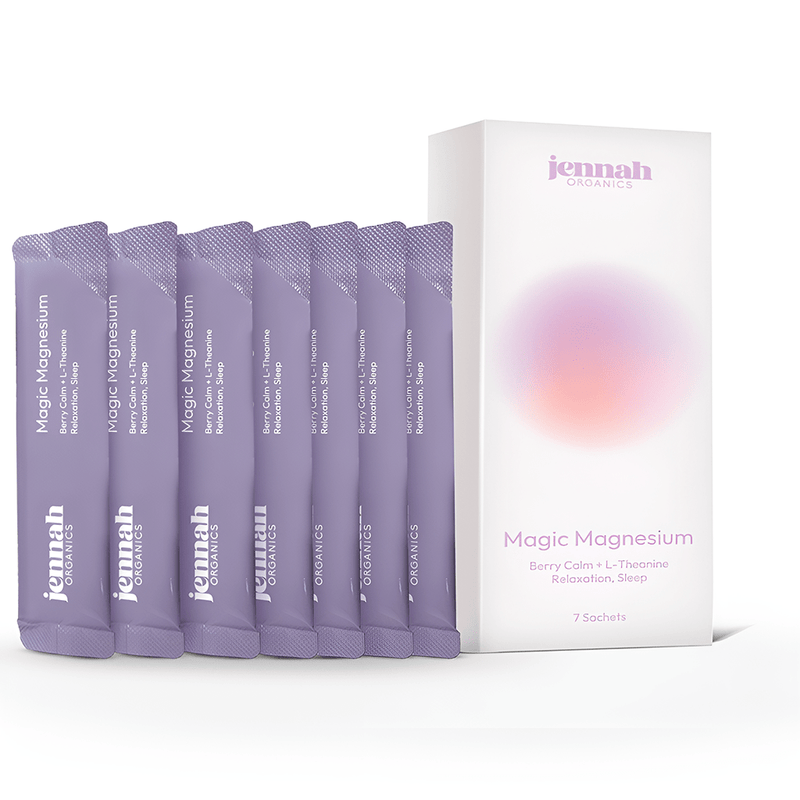
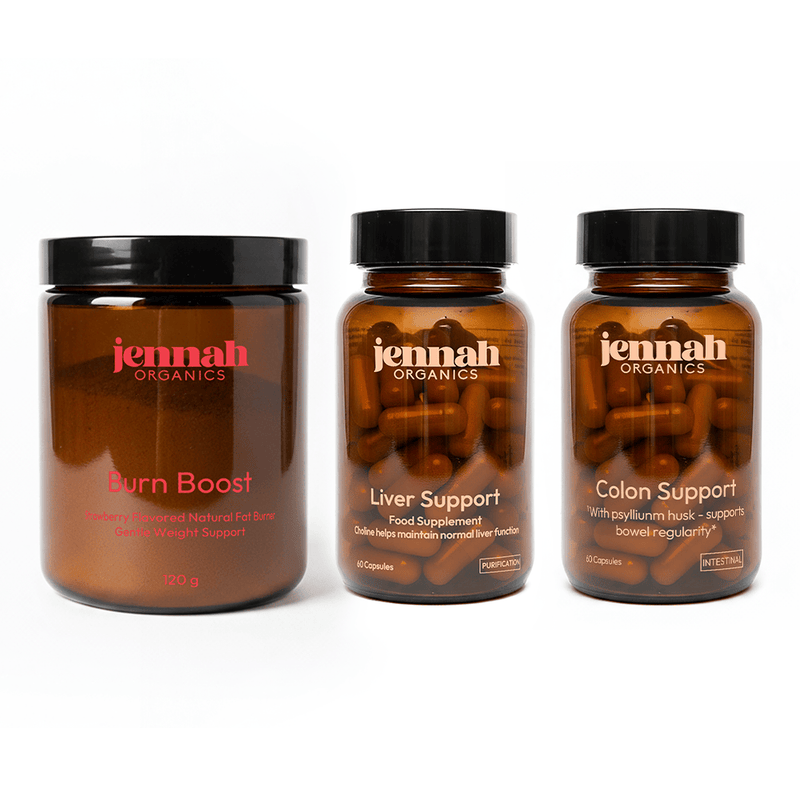
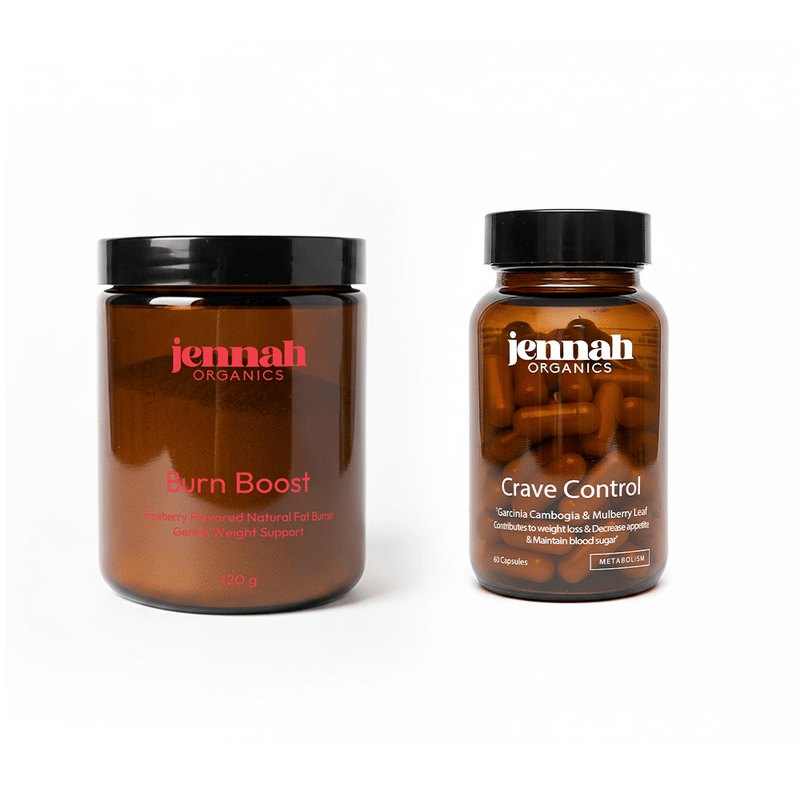

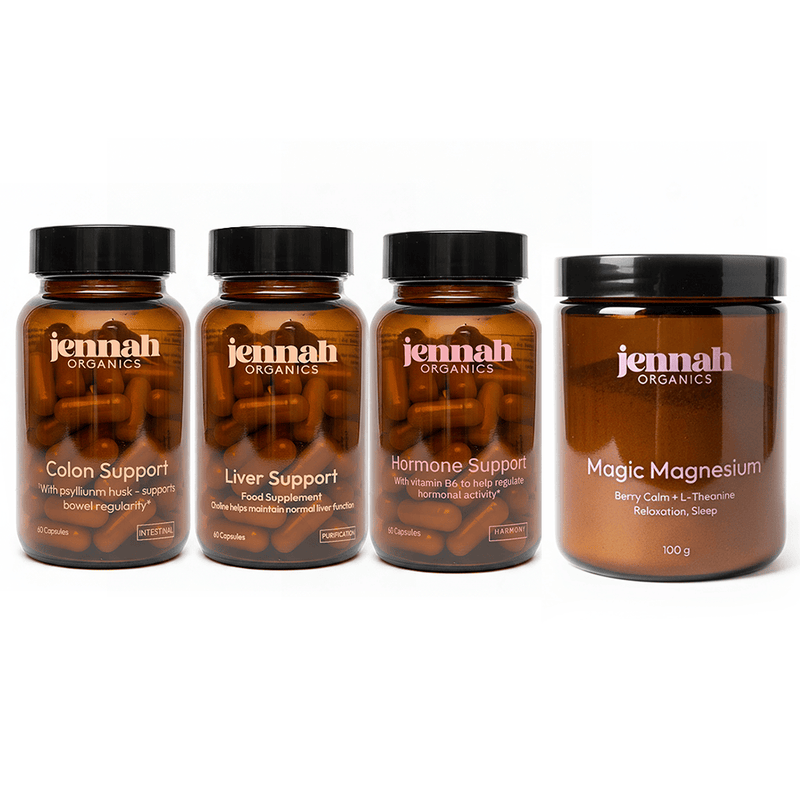


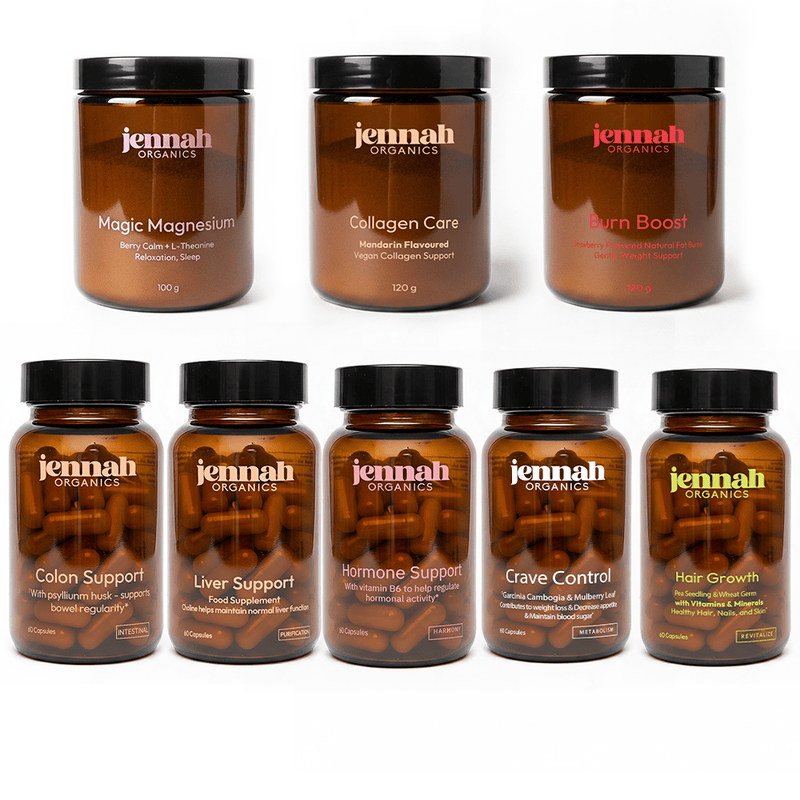

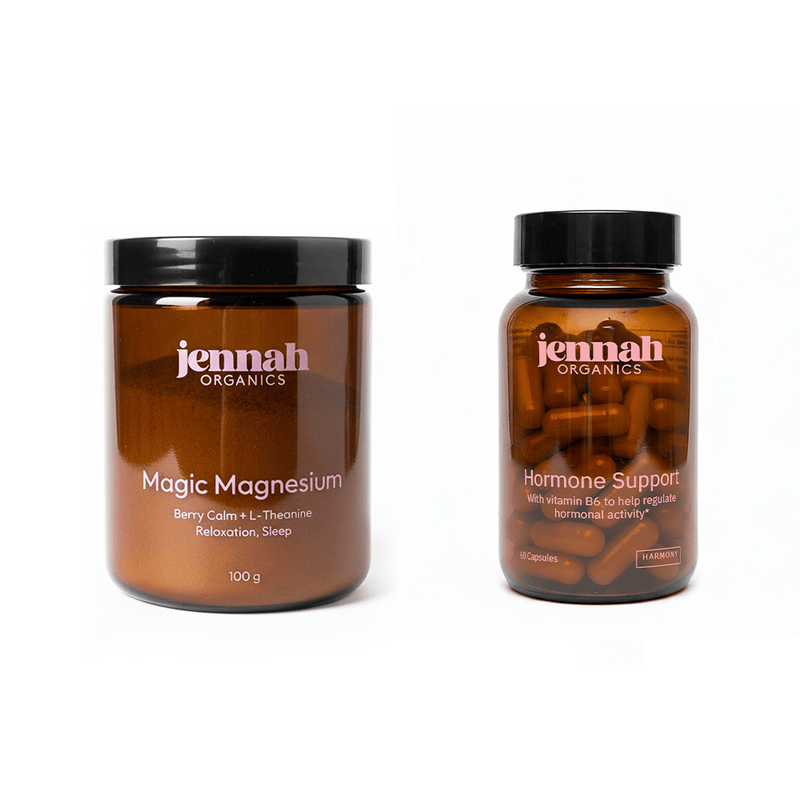
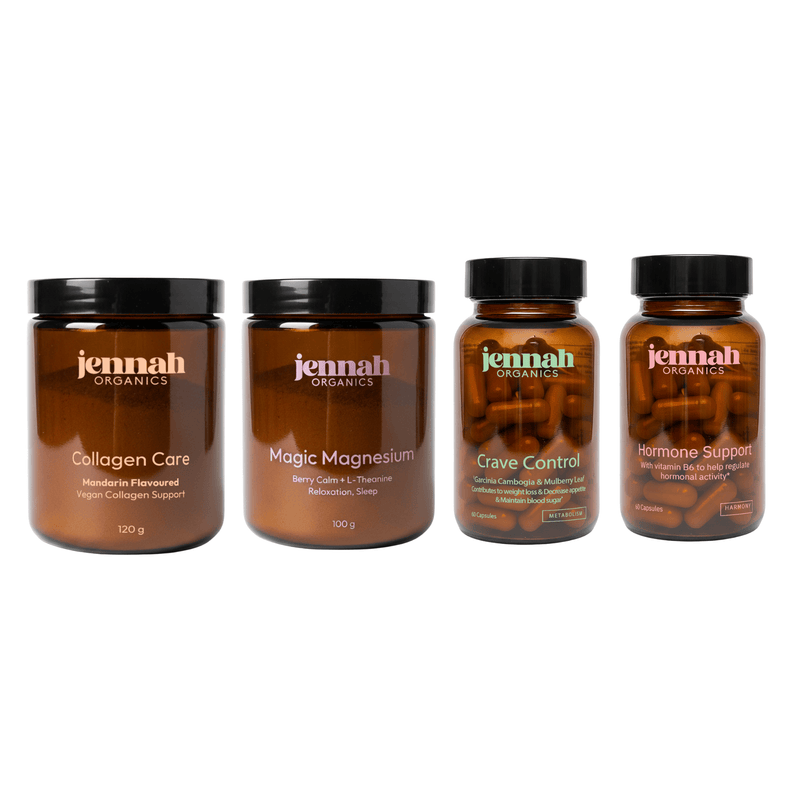
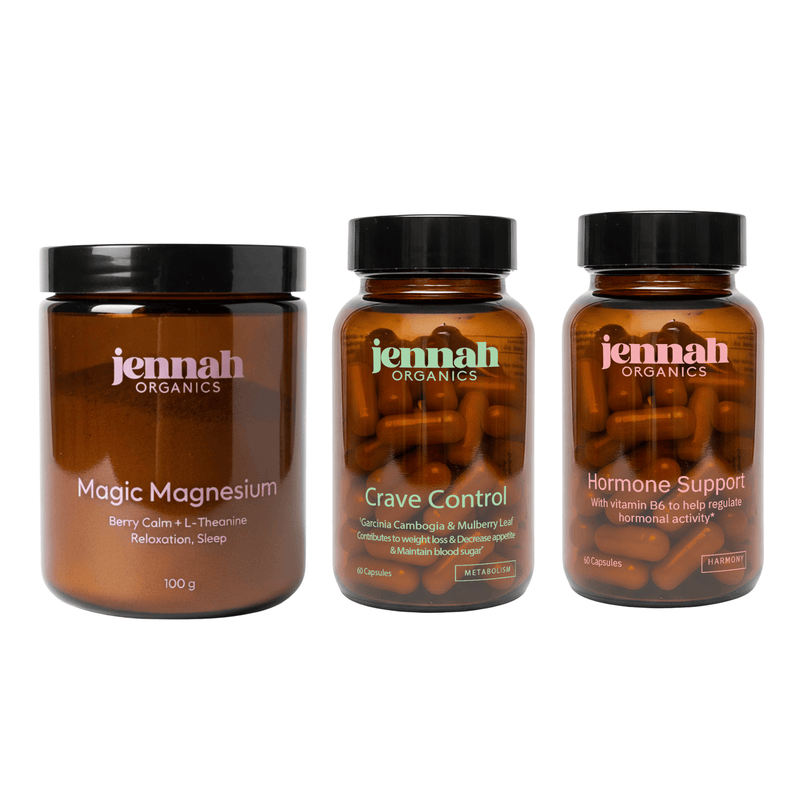


 Netherlands
Netherlands
 Germany
Germany
 France
France
 Italia
Italia
 España
España
 Sverige
Sverige


